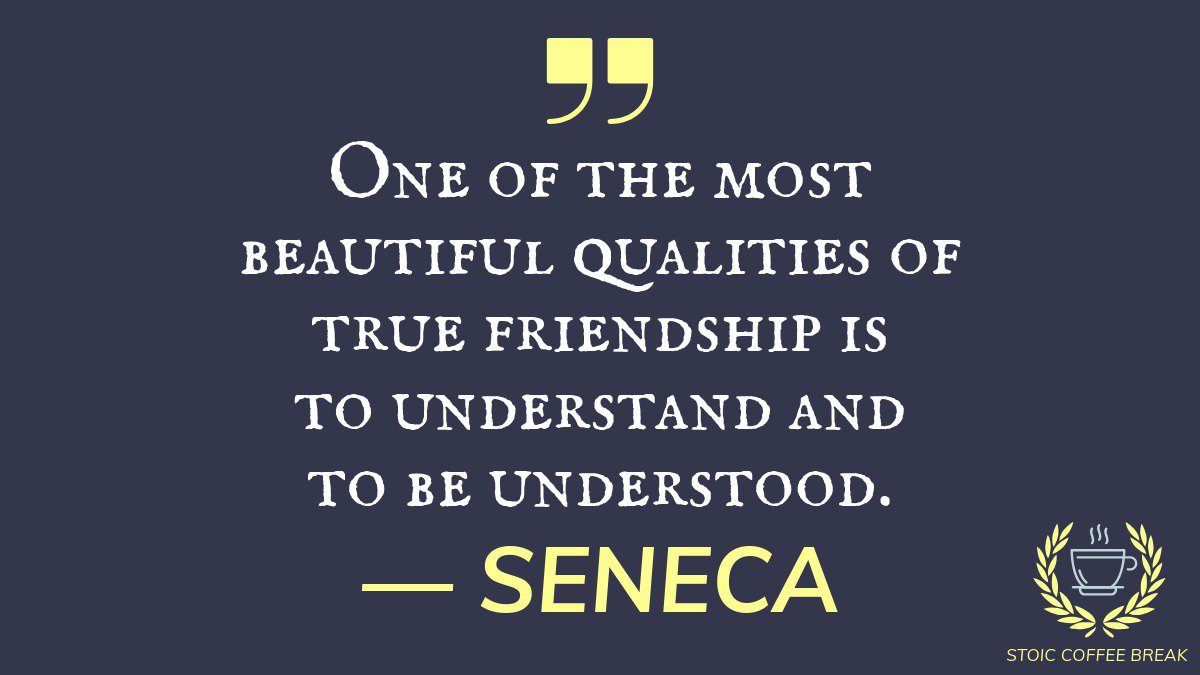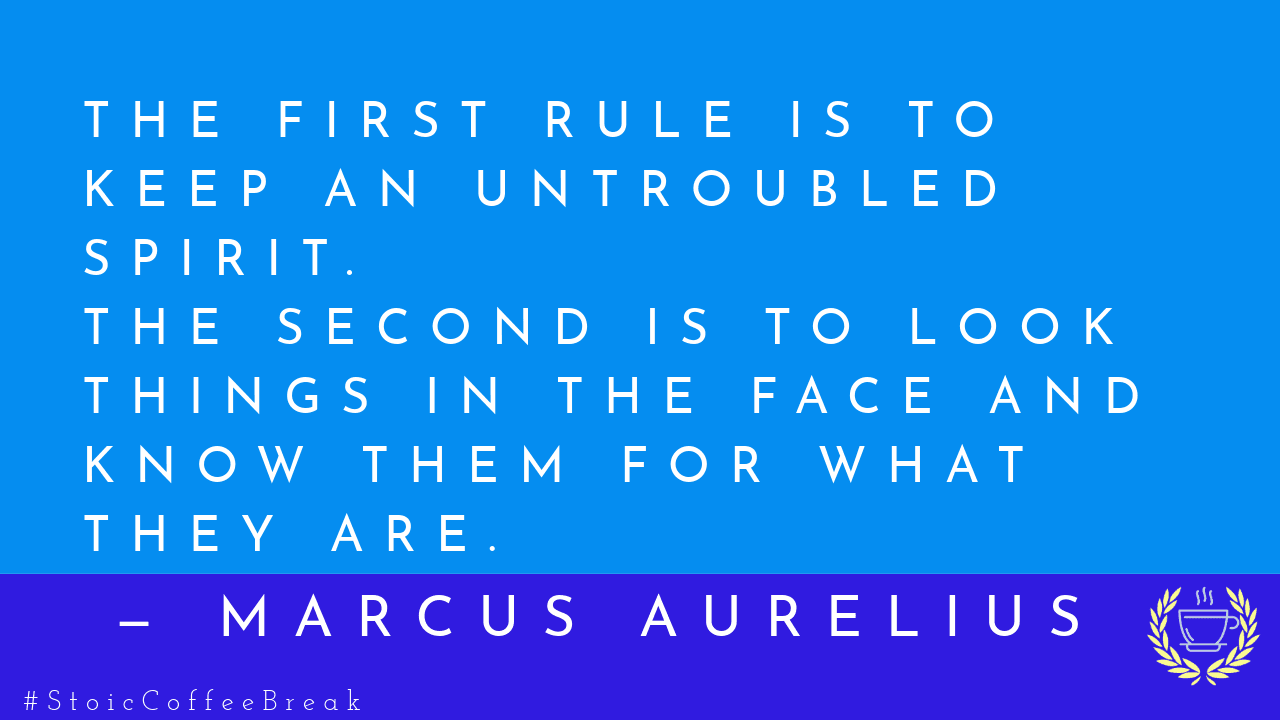Tag: emotions
-

315 – The Strength to Feel: A Stoic’s Journey to Emotional Clarity and Connection
Do you feel like you’re truly in charge of your emotions? Often, we fear that adopting Stoicism might strip away the intensity of our feelings. But what if mastering our emotions could help us experience them more deeply, rather than less?
-

311 – Open Mind, Open Heart: Stoicism and Human Connection
“One of the most beautiful qualities of true friendship is to understand and to be understood.” —Seneca Are you yearning for deeper connections with those around you? Discover how Stoicism, often misunderstood as emotionally detached, can actually foster profound relationships. Learn to master your emotions and embrace authenticity for more meaningful bonds.
-

307 – Interview With Author and Human Behavior Expert Dr. John Demartini
Join Erick Cloward on this week’s Stoic Coffee Break as he delves into an inspiring conversation with Dr. John Martini, a relentless researcher and teacher who overcame significant childhood challenges to explore human potential. Discover how philosophy and the pursuit of knowledge can transform lives, all within the time it takes to enjoy your coffee.
-

288 – Starting Stoicism
“Very little is needed to make a happy life; it is all within yourself, in your way of thinking.” —Marcus Aurelius New to Stoicism? Embark on a journey into Stoicism, an ancient philosophy that teaches the mastery of self through control, judgment, and understanding emotions. Discover practical wisdom for living a virtuous life amidst modern…
-

252 – Overwhelmed
“If you are distressed by anything external, the pain is not due to the thing itself, but to your estimate of it; and this you have the power to revoke at any moment.” — Marcus Aurelius Do you get overwhelmed with the challenges of life? When life gets to stressful do you shut down and…
-

243 – All the Feels: How to Ride the Emotional Waves
Your emotions are the slaves to your thoughts, and you are the slave to your emotions. — Elizabeth Gilbert. Are you afraid of your feelings? Do you avoid, numb, or shut down your emotions? How much stress and anxiety do you create trying to avoid uncomfortable emotions? Today I want to talk about the power…
-

232 – QTIP
Not to display anger or other emotions. To be free of passion and yet full of love. —Marcus Aurelius. How often do you take what other people say and do personally? How often do you feel like you have to “fix” someone else’s mood? Today I want to talk about emotional responsibility, and how it…
-

177 – Get Comfortable with the Uncomfortable
“It is our own opinions that disturb us. Take away these opinions and resolve to dismiss your judgment about an act as if it were something grievous, and your anger is gone.” — Marcus Aurelius Practicing stoicism is not about repressing emotions. It is not about pretending you feel nothing. It’s about understanding how your…
-

149 – The Vocabulary of Anger
Dealing with strong emotions in life is something that all of us have to do. But in order for us to actually deal with these different emotions that we have, we need to be sure what we’re actually feeling. We need to expand our emotional vocabulary to give us the words to be able to…
-
144 – Emotional Management
When was the last time that you felt a really strong emotion? What was that emotion? Gratitude? Joy? Anger? Jealousy? Emotions are a powerful force in our lives. When channeled properly, they can be the fuel that helps push us through to accomplishing what we want. They can also drive us in ways that we…